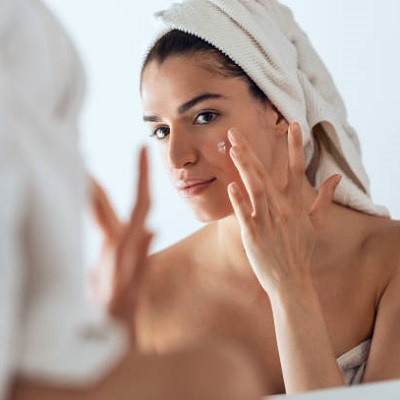Introduction
Acne is one of the most common skin conditions, affecting people of all ages. While it primarily affects teenagers due to hormonal changes, many adults also struggle with acne due to various factors, including stress, diet, and skincare choices. Understanding the key ingredients that can effectively combat acne is essential for selecting the right skincare products. This article will explore the most effective Acne Treatment ingredients and how they work to clear up skin and prevent future breakouts.
Understanding Acne
Before delving into the ingredients, it’s important to understand what causes acne. Acne occurs when hair follicles become clogged with oil (sebum), dead skin cells, and bacteria. This blockage can lead to inflammation, resulting in various types of acne, including whiteheads, blackheads, and cystic lesions. The right ingredients can help to reduce this blockage, minimize inflammation, and prevent the formation of new blemishes.
Top Acne-Fighting Ingredients
1. Salicylic Acid
Salicylic acid is a beta hydroxy acid (BHA) known for its ability to penetrate deep into pores and dissolve excess oil and debris. This ingredient is particularly effective for treating oily and acne-prone skin. Salicylic acid works by exfoliating the skin, promoting cell turnover, and preventing clogged pores. It also has anti-inflammatory properties, which can help to reduce redness and swelling associated with acne.
2. Benzoyl Peroxide
Benzoyl peroxide is another powerful acne-fighting ingredient that works by killing acne-causing bacteria on the skin’s surface. It also helps to unclog pores and reduce inflammation. Benzoyl peroxide is often available in various concentrations, making it suitable for different skin types. However, it can be drying, so it’s essential to start with a lower concentration and gradually increase usage as tolerated.
3. Retinoids
Retinoids, derived from vitamin A, are effective in promoting cell turnover and preventing clogged pores. They help to reduce the formation of acne by encouraging the shedding of dead skin cells and reducing oil production. Retinoids also improve overall skin texture and tone, making them a valuable addition to any skincare regimen. While retinoids can be potent, they may cause irritation initially, so it's crucial to introduce them slowly into your routine.
4. Niacinamide
Niacinamide, also known as vitamin B3, is an anti-inflammatory ingredient that helps to regulate oil production and minimize enlarged pores. It also improves the skin barrier function and enhances overall skin tone. Niacinamide is suitable for all skin types and can be particularly beneficial for those with sensitive or inflamed acne. Its soothing properties make it an excellent choice for calming redness and irritation.
5. Alpha Hydroxy Acids (AHAs)
Alpha hydroxy acids, such as glycolic acid and lactic acid, are water-soluble acids that help to exfoliate the skin’s surface. They work by breaking down the bonds between dead skin cells, promoting their shedding and revealing fresher skin underneath. AHAs are effective in treating surface-level acne and can also help to fade post-inflammatory hyperpigmentation, a common concern for acne sufferers.
6. Tea Tree Oil
Tea tree oil is a natural antibacterial and anti-inflammatory ingredient derived from the leaves of the Melaleuca alternifolia plant. Its antimicrobial properties make it effective in combating acne-causing bacteria while reducing inflammation and redness. Tea tree oil can be a great alternative for those looking for natural remedies, but it should be used with caution and in diluted forms to avoid irritation.
7. Zinc
Zinc is an essential mineral that plays a crucial role in skin health. It has anti-inflammatory and antibacterial properties, making it effective in treating acne. Zinc helps regulate oil production and can reduce the size of sebaceous glands, leading to less sebum production. It is often found in topical treatments and supplements aimed at improving skin conditions.
8. Sulfur
Sulfur is known for its ability to absorb excess oil and unclog pores. It has antibacterial properties and helps to exfoliate dead skin cells, making it effective for treating acne. Sulfur is often used in masks, spot treatments, and cleansers. Its unique ability to reduce redness and inflammation makes it suitable for those with sensitive skin.
Conclusion
Choosing the right skincare products is crucial for effectively managing and preventing acne. By understanding the benefits of key acne-fighting ingredients like salicylic acid, benzoyl peroxide, retinoids, niacinamide, AHAs, tea tree oil, zinc, and sulfur, individuals can make informed decisions about their skincare routines. It is important to remember that everyone's skin is unique, and what works for one person may not work for another. Always patch-test new products and consult a dermatologist for personalized recommendations tailored to your skin type and condition. With the right approach and the right ingredients, achieving clearer, healthier skin is within reach.





Comments